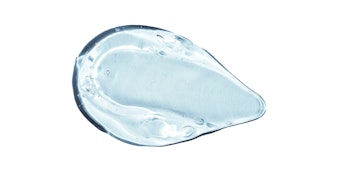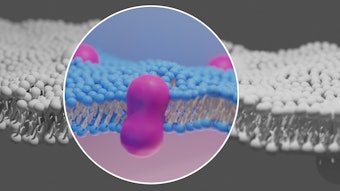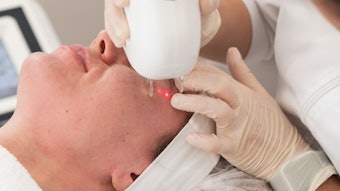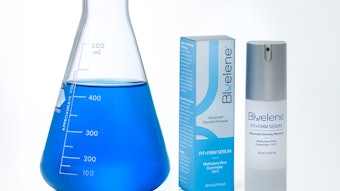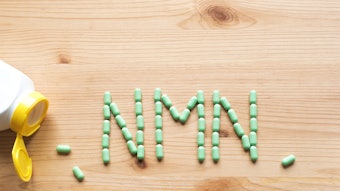A common side effect of GLP-1 use is nausea and vomiting. As supplement and pharmaceutical companies aim to create a medication that interacts positively with GLP-1 to effectively mitigate this symptom, Vanda Pharmaceuticals presents a clinical study for a neurokinin-1 receptor medication and its potential efficacy in treating the unique nausea associated with GLP-1.
This article is only available to registered users.
Log In to View the Full Article
A common side effect of GLP-1 use is nausea and vomiting. As supplement and pharmaceutical companies aim to create a medication that interacts positively with GLP-1 to effectively mitigate this symptom, Vanda Pharmaceuticals presents a clinical study for a neurokinin-1 receptor medication and its potential efficacy in treating the unique nausea associated with GLP-1.
Vanda Pharmaceuticals is a biopharmaceutical company. The company conducted a randomized controlled clinical study that consisted of 116 healthy overweight or obese adults without prior GLP-1 agonist experience, according to a Nov. 17 press release. Evaluating tradipitant, an oral neurokinin-1 (NK-1) receptor antagonist, the study demonstrated effectiveness for alleviating nausea and vomiting induced by GLP-1 Wegovy.
NK-1 receptor antagonists is a class of drug that works by blocking the action of a substance called substance P at NK-1 receptors, which are found in the brain's vomiting center. The study pre-treated patients with either 85 mg of tradipitant or placebo twice daily before giving them a 1 mg dose of Wegovy. It met its primary endpoint: only 29.3% of tradipitant-treated participants experienced vomiting, compared with 58.6% on placebo.
Science Direct published a study in September looking at Sea-Band, a drug-free, class II FDA-cleared medical device for relief of nausea in motion sickness, morning sickness, chemotherapy and anesthesia induced nausea. Nausea from GLP-1 use is unique in the way that it is caused by delayed stomach emptying. While looking at the device, the study states that the device is effective, but current antiemetic medications often cause a disruption to treatment and fall short [1].
These findings, though it is unclear if use affects GLP-1 therapy success long-term, suggest that tradipitant could become a helpful solution for GP-1-induced nausea. Per the release, Vanda will work toward regulatory approval. A Phase III program is anticipated to start in early 2026.
"These results demonstrate tradipitant's potential to mitigate GLP-1 induced nausea and vomiting which are key contributors of the 30-50% real-world discontinuation rates for GLP-1 agonists, often before therapeutic doses are reached," said Mihael H. Polymeropoulos, MD, president, CEO and chairman of Vanda. "Tradipitant's effect in reducing nausea and vomiting could significantly improve GLP-1 agonist adherence enabling more people to receive the full therapeutic benefit."
References:
1- https://www.sciencedirect.com/science/article/pii/S2667368125000221

